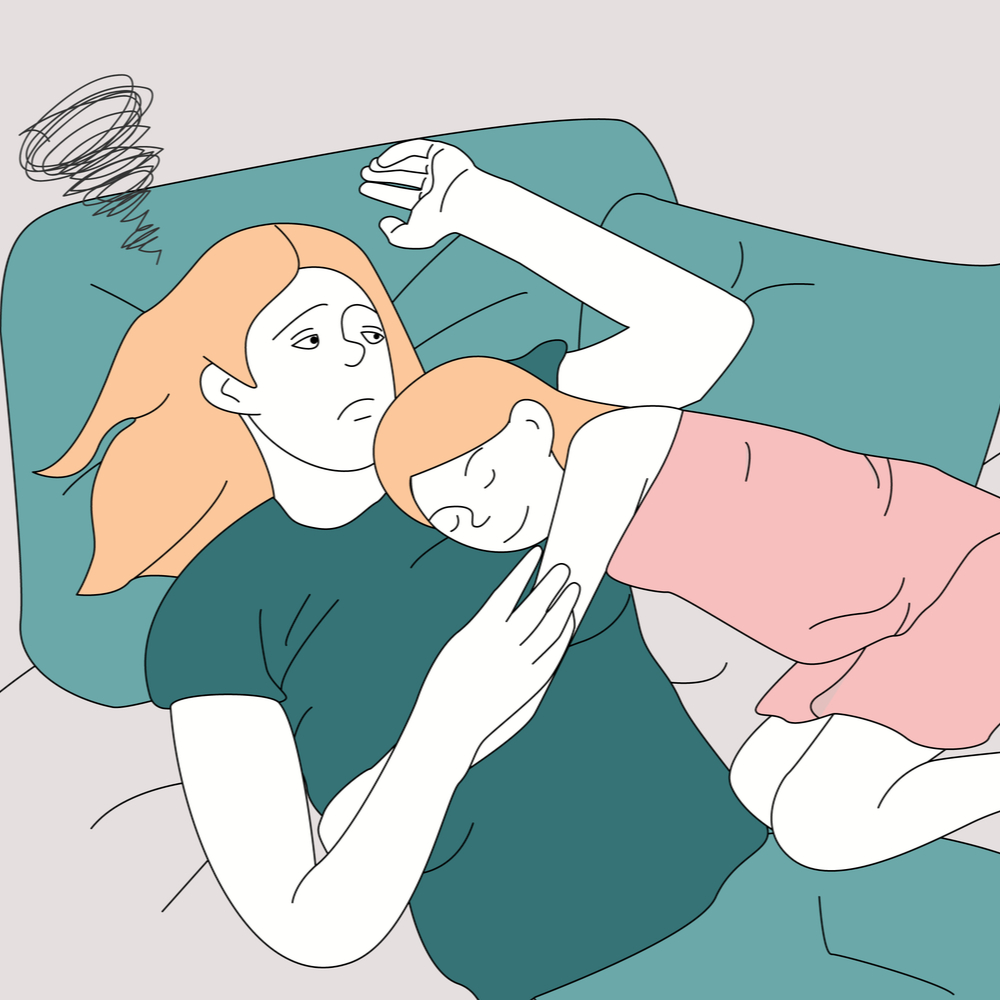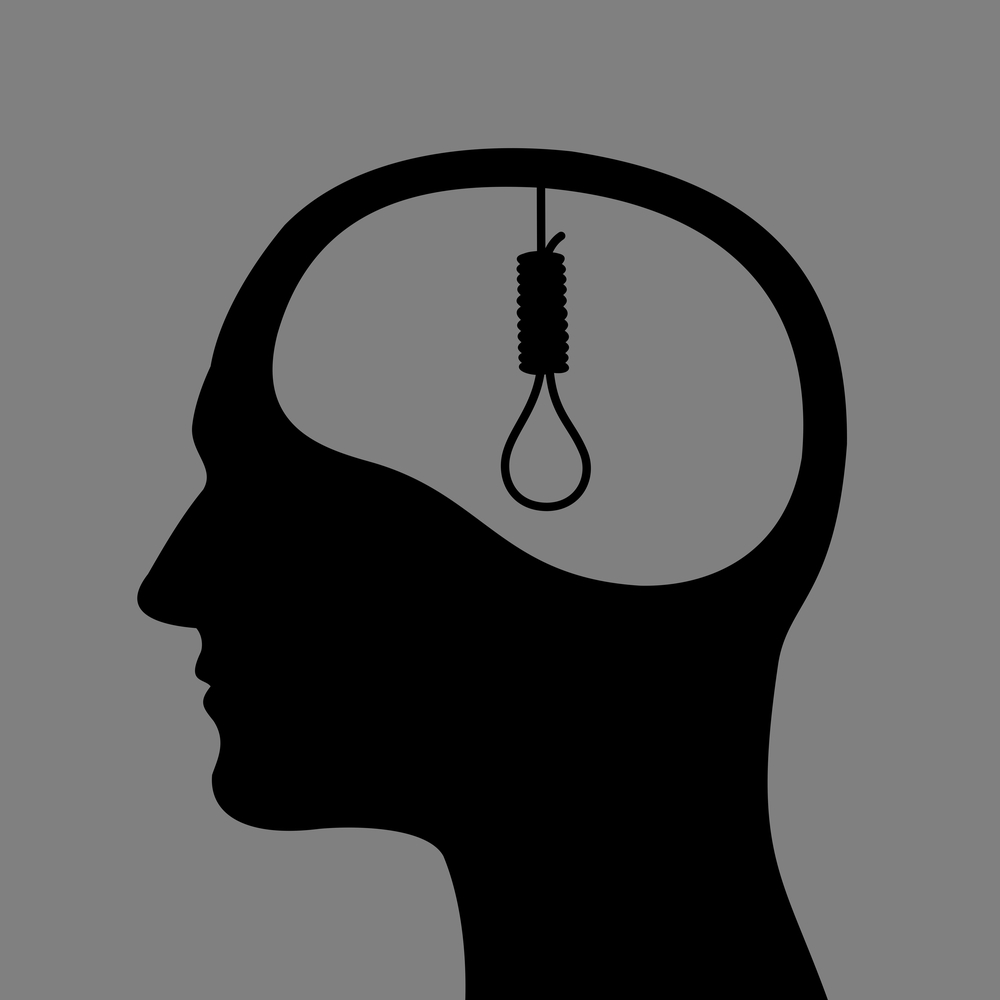When most people think of treatments for depression, they think of meeting with a psychiatrist for weekly therapy sessions or taking prescribed medications. Rehab for depression rarely comes to mind because of its more common association with substance abuse instead of mental illness.
There’s no denying that weekly therapy sessions make everyday life more manageable, but don’t discount rehab for depression as a more comprehensive treatment option. Having an awareness of the symptoms of depression can help you determine if a stay at a depression treatment center is the best option for you.
Contents
What Is Rehab for Depression?
Talk therapy, support groups, and psychiatric medication can all be great ways to manage major depression, but there comes a time when a higher level of care is required in order to properly treat depressed individuals. That’s where rehab for depression comes in.
Instead of moving forward with everyday life while trying to manage your depression on top of work, family, and personal obligations, going to a residential treatment center will allow you to focus all day, every day on getting better. You will still receive counseling, access to support groups, and other resources like you would in a traditional setting, but you will experience them in a homelike atmosphere that enables you to focus solely on your recovery.
Not sure if rehab for depression is right for you? Here are a few signs you may benefit from a more intensive therapeutic atmosphere.
1. You’re Experiencing an Adverse Impact on Important Relationships

It isn’t uncommon for personality changes to occur as you deal with feelings of hopelessness and anxiety. Because of this, depression can take its toll on your relationships. It may make it difficult for you to function at home, resulting in frustration for your loved ones. In turn, this may make you withdraw even further until the relationships you care about are damaged or destroyed.
If you are worried that your depression is affecting your children, or that you might be heading for a divorce or breakup unless something changes, you may want to consider treatment options in a rehab facility.
2. You’re Struggling at Work
Dealing with depression at work isn’t easy, and the quality of your work can slide as a result. This is especially true if you’re already unhappy with your job. Before you know it, you aren’t meeting deadlines or engaging in important work meetings like you used to. Maybe you get passed up for a promotion, or you get fired when it becomes clear that you aren’t able to perform the duties associated with your position.
There are people who suffer from depression that manage to do just fine at work, as long as they show up. However, calling in sick may become the norm, which could leave you with slim paychecks or no job at all.
If you’re struggling to make it to work or get work done, or if you’ve already lost your job, it’s important to get back on track in an inpatient setting.
3. You Use Drugs or Alcohol to Cope
Co-occurring disorders are common with depression. There is an especially strong link between depression and alcohol.
For many people who are struggling with depression, using drugs or alcohol becomes a way to cope with the feelings, or lack of feelings, that accompany this diagnosis. Unfortunately, this strategy only puts a band aid on the problem. You may even become a dependent user, leaving you with two problems to deal with instead of one.
Separating substance abuse from depression is often a tedious process. That’s why patients experience the most success when they are able to work with mental health professionals in a residential treatment center that are trained to treat both.
4. Normal Daily Activities Are Overwhelming
It makes sense that depression would make challenging things even more challenging. However, it can also make normal daily activities challenging too.
Taking care of yourself may fall to the bottom of your to-do list, and before you know it, you haven’t showered in days. You may start relying on fast food because you don’t have the energy to cook, and for some, getting out of bed when you’re depressed is nearly impossible.
If you notice that your daily activities are becoming overwhelming, it can be helpful to get out of your normal routine and environment by entering rehab for depression. That way, you don’t have a messy living room or a dirty bathroom to remind you that you still have a long way to go.
5. You Have Thoughts of Suicide


If you have thoughts of suicide, it is extremely important for you to seek treatment at an inpatient facility. Suicide ideation and acting on such thoughts are both considered acute medical events that should be addressed immediately. Crisis care is available 24 hours a day, seven days a week and includes support groups, individual therapy, family therapy, and more to help you de-escalate and to get back to feeling safe and in control.
If you’re having suicidal thoughts, the National Suicide Prevention Lifeline is available at 1-800-273-8255.
If you’re wondering whether or not rehab for depression is a good choice for you, contact Port St. Lucie Hospital online or give us a call at (772) 238-7734. We’re here to help you develop a treatment plan to work through your depression and/or other mental health disorders in a safe and supportive inpatient atmosphere.


























